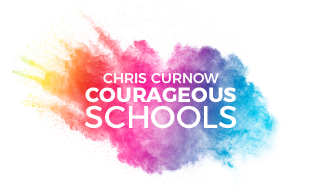I came across this piece by Marcia Devlin this morning.
The first part of her post reminded me of my Grade 6 teacher. (A Mr Horn, if I remember correctly.) Now I liked Mr Horn very much. I thought he was an engaging teacher who always made us think. But I do remember him one day looking around the class and saying, quite seriously and matter of factly, “I don’t think any of you will go to university.”
I now have four degrees and I know one other member of the same class has a PhD.
Predictions are not really very useful. I could go on about that but the part of Marcia’s post that really caught my attention was :
I’m a bit taken lately with human potential ideology and hope theory. The former moves away from deficit models to models of human potential and the latter promotes the generation and pursuit of goals. (links added.)
I was excited by just the thought of these concepts. How would it be if we were to move away from all this talk about (inherently self-limiting) standards in education and moved towards finding the potential in each child in our care? That instead of focussing on all that is wrong with our world, we were to move towards generating hope.
Our previous prime minister was famous for saying he wanted Australians to be relaxed and comfortable. On reflection, this sounds like an opium for the masses. It sounds a long way from finding the potential in every member of our society and generating hope.
Education is currently dominated by standards. What if it were dominated by potential and hope?
Business leaders are evaluated on achievement against “key performance indicators.” What if they were evaluated against the extent to which they developed their organisation’s potential? What if they were evaluated against their achievement in promoting hope, both within their organisation and in the wider community?
Lot’s of questions I know. You didn’t really expect me to provide answers did you?
Further reading:
